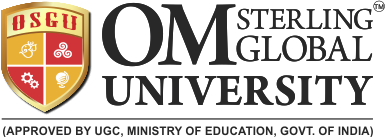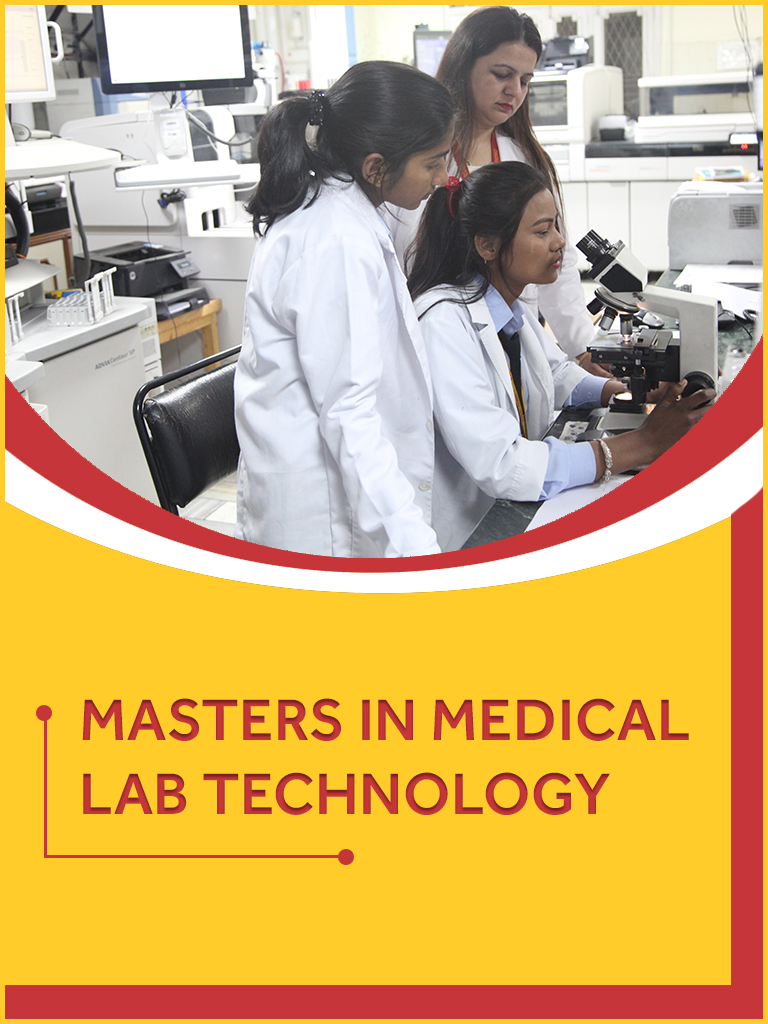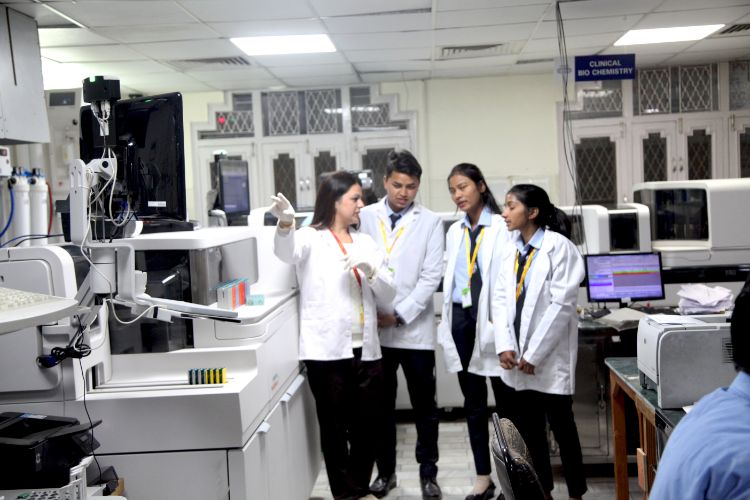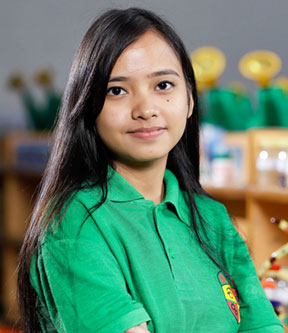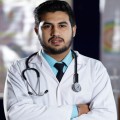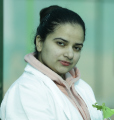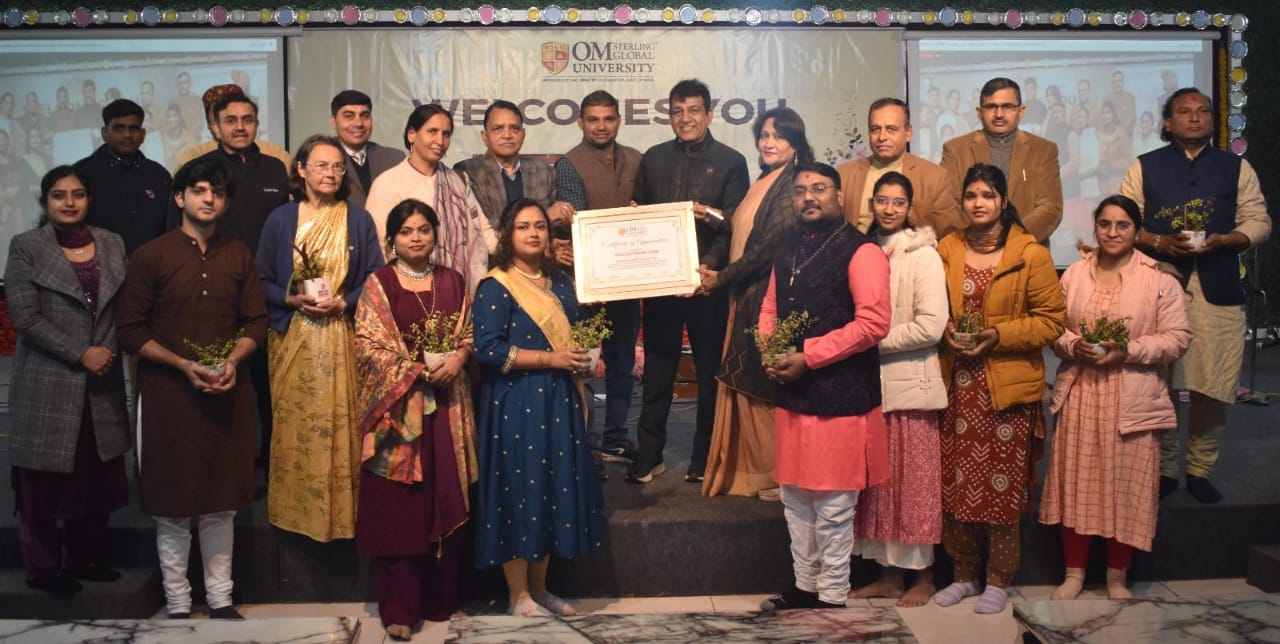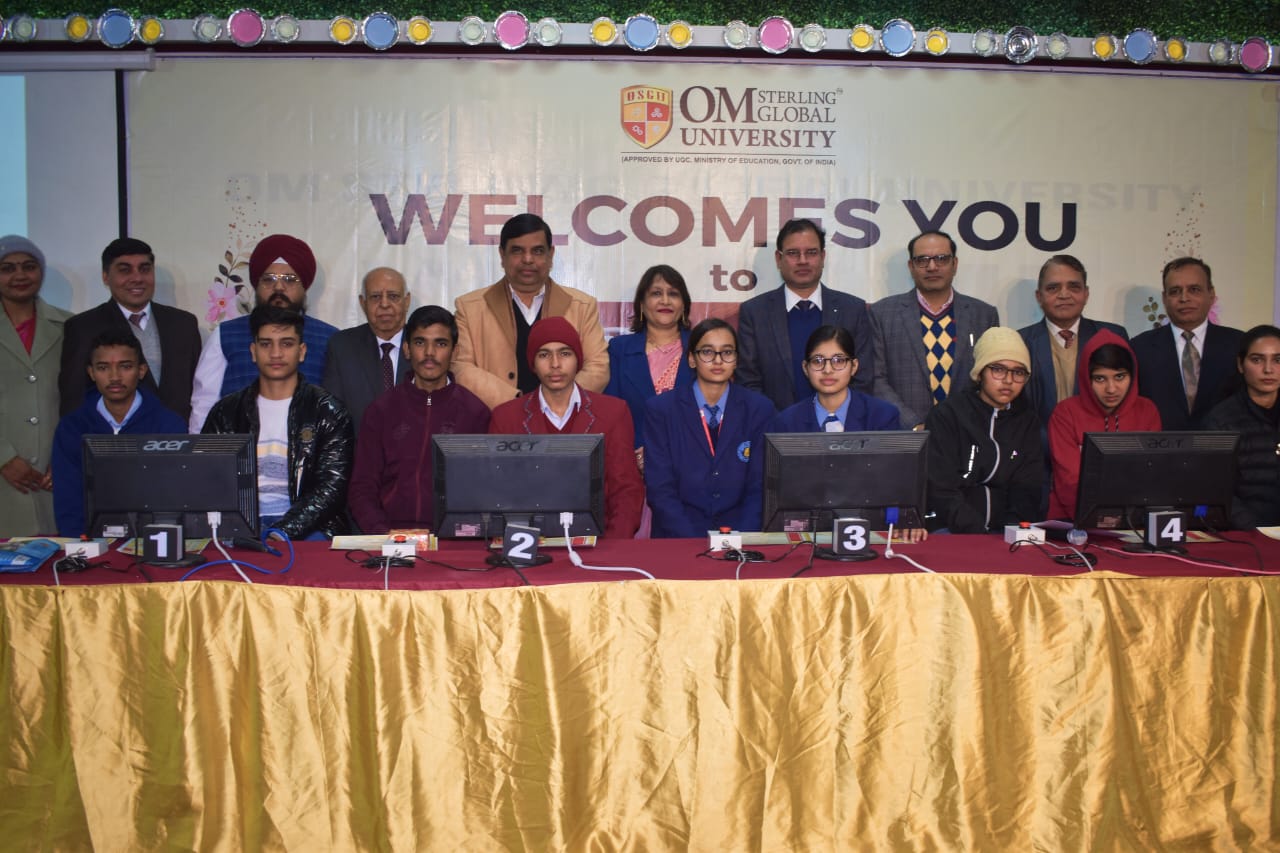
SPM-08

Post Graduate

2 Years
Programme Overview
Master of Science in Medical Laboratory Technology (sometimes abbreviated as MLT) is a postgraduate Medical Lab Technologist programme. Medical laboratory technology is the branch of medical science responsible for performing laboratory investigations relating to the diagnosis, treatment, and prevention of disease. During the programme, students are introduced about the diagnosis of diseases, the implementation and monitoring of therapies to treat disease and the like many other areas. The duration of the programme is two years and it opens many job scopes for the candidates after the completion of the degree. The Master of Medical Laboratory Science (MMLT) degree and preceding Postgraduate Diploma in Medical Laboratory Science allow a Bachelor of Medical Laboratory Science graduate to pursue a full-time research option, possibly leading on to a Ph.D. These postgraduate qualifications also allow experienced medical laboratory scientists with unrelated or no previous university study to undertake research-based qualifications which may assist them into research and academic careers. Potential candidates should note that there is a strong focus on assisting the individual to develop self-directed research skills. These postgraduate qualifications are not designed to provide practicing medical laboratory scientists with updates on their area of practice.
Programme Objectives
The objectives of the proposed program are:
- Advance the training of graduates of medical lab sciences and related fields in core specialties of the profession
- Enable enrolled students to develop the necessary scientific background and technical skills to carry out productive basic as well as community-health type research.
- Ensure that all enrolled students will develop the set of skills needed to devise, develop and run tailor-made quality control and quality assurance protocols and programs at the workplace.
- Essentials of institutional and external (national and international) certification and accreditation programs and inner-workings will also be part of this training component.
- Integrate patient data to evaluate validity of laboratory test results.
- Apply basic scientific principles in learning new techniques and procedures.
- Maintain professional ethics.
- Meet continuing education requirements as a function of growth and maintenance of professional competence.
- Participate in professional organizations to support the profession and constituents served.
Programme Outcomes
- Demonstrate conceptual knowledge in hematology, coagulation, clinical chemistry, immunology, immunohematology, pathogenic microbiology and phlebotomy.
- Perform basic laboratory techniques on biological specimens.
- Recognize factors that affect laboratory procedures and results.
- Take appropriate action, within predetermined limits, when indicated for resolution.
- Comply with safety regulations and universal precautions.
- Monitor quality control within predetermined limits.
- Perform preventive and corrective maintenance of equipment and instruments or refer to appropriate source for repairs.
- Demonstrate professional conduct and interpersonal communication skills with patients, laboratory personnel, other health care professionals, and the public.
Career Path
A career in Master of Science in Medical Lab Technology offers opportunity to have significant impact on patient care. These professionals can find themselves employed in private laboratory, hospitals, blood donor centers, minor emergency centers, clinics and doctor’s office. They can also find jobs in crime laboratories, research facilities, pharmaceutical companies, universities, and military. Other major roles in this field are given below:
- Laboratory manager
- Educational consultant
- Hospital coordinator
- Safety officer
These graduates may also conduct research supervised by medical researchers. These professionals are responsible for conducting complex tasks, maintaining report accuracy, training, and testing under stipulated conditions. They will help to prepare specimens, operate automated sample analyzing machines, keep the lab clean, set up testing equipment, and maintain tools.
Eligibility Criteria
Minimum percentage and others criteria for admission will be as per UGC/ Concerned Regulatory Bodies.
Provided below are the criteria that need to be met for the given course.
For National Students
- B.Sc. in concerned discipline.
For International Students
- Rule framed by University Grants Commission (UGC) and notified in its website www.ugc.ac.in will be followed for deciding the eligibility and admission of International students to various courses offered in Om Sterling Global University, Hisar.
Programme Syllabus
The syllabus of the programme plays a major role in how the students turn out for the profession. The syllabi drafted by the School of Para Medical Sciences are detailed and cover the necessary components to ensure a complete and overall education of the students. Given below is the syllabus for M.Sc. n Medical Lab Technology.
Semester I
| S.No. | Subject |
|---|---|
| 01. | Human Anatomy & Physiology |
| 02. | Molecular Biology |
| 03. | Nutritional Biochemistry |
| 04. | Haematology |
| 05. | Molecular Biology Lab |
| 06. | Human Anatomy & Physiology Lab |
| 07. | Haematology Lab |
Semester II
| S.No. | Subject |
|---|---|
| 01. | Medical Microbiology |
| 02. | Analytical and physical Biochemistry |
| 03. | Fundamentals of Enzymology |
| 04. | Structure & Function of Biomolecules |
| 05. | Analytical and physical Biochemistry Lab |
| 06. | Fundamentals of Enzymology Lab |
| 07. | Structure & Functions of Biomolecules Lab |
Semester III
| S.No. | Subject |
|---|---|
| 01. | Biochemical Techniques |
| 02. | Clinical Biochemistry-I |
| 03. | Intermediary Metabolism |
| 04. | General Physiology & Organ Function Test |
| 05. | Biochemical Techniques Lab |
| 06. | Clinical Biochemistry-I Lab |
| 07. | General Physiology & Organ Function Test Lab |
Semester IV
| S.No. | Subject |
|---|---|
| 01. | Clinical Biochemistry-II |
| 02. | Statistics and clinical biochemistry Laboratory management |
| 03. | Applied molecular biology |
| 04. | Statistics and clinical biochemistry Laboratory management |
| 05. | Automation in the Clinical Biochemistry Laboratory |
| 06. | Clinical Biochemistry-II Lab |
| 07. | Major Project |
How to Apply
If the program fascinates you yet you are not able to decide upon the right one to choose, you can acquire our Free Tele Counselling session. In case you have any issues or queries regarding the admission, you can fill out the Admission Enquiry form and we shall reach out to you within 24 hours. If you have made up your mind about going ahead with the program, you can fill out the Online Application Form.

